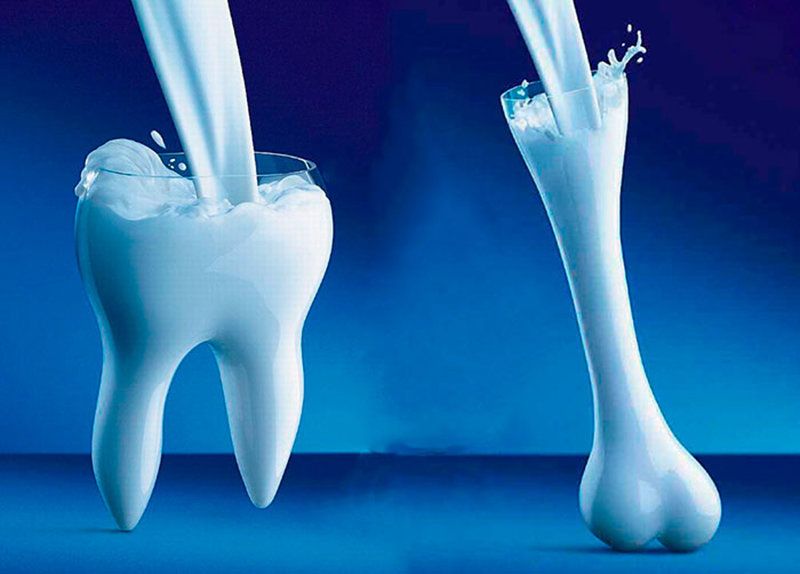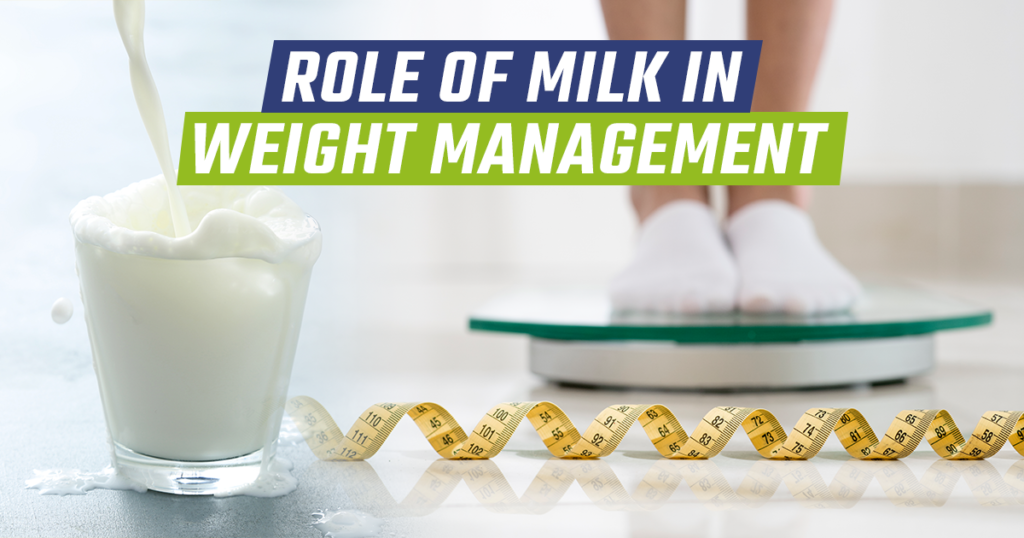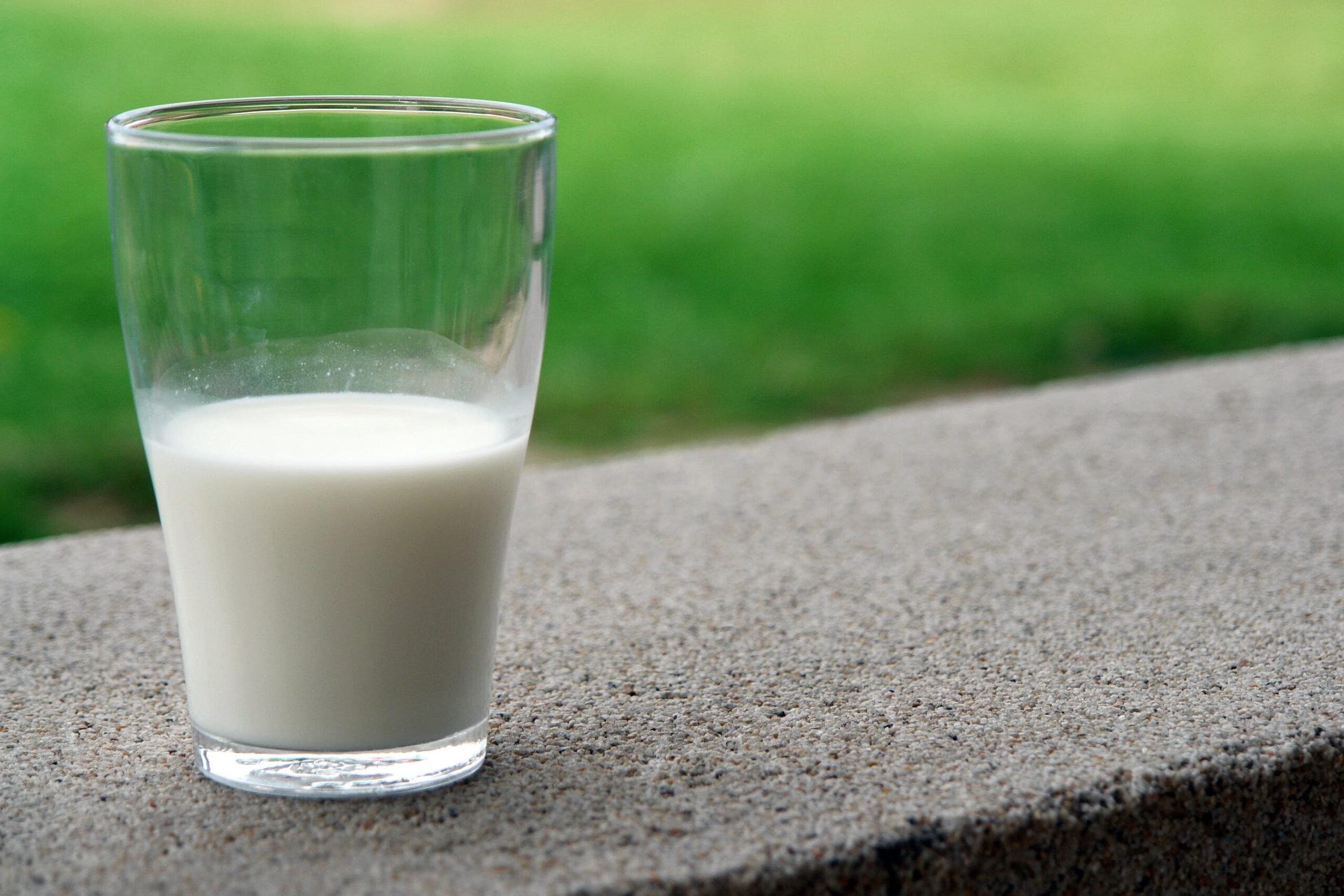Milk, a staple in many households, is a nutrient-rich beverage that has been consumed for centuries. It is an excellent source of essential nutrients, including calcium, protein, vitamin D, and potassium, making it a valuable addition to a balanced diet.
1. Strong Bones and Teeth

Milk is a rich source of calcium, a mineral crucial for bone health and strength. It helps prevent osteoporosis, a condition characterized by weak and brittle bones.
Milk, a beverage consumed for centuries, is a nutritional powerhouse that plays a crucial role in maintaining strong bones and teeth. Its richness in calcium, vitamin D, and phosphorus makes it an essential component of a well-balanced diet.
Calcium: The Building Block of Strong Bones
Calcium is the most abundant mineral in the human body, constituting approximately 70% of bone mass. It serves as the primary building block for bones and teeth, providing them with the strength and structure they need to function properly.
Milk is an excellent source of calcium, with an average of 300-350 milligrams per 250ml serving. This amount provides about 30-35% of the recommended daily intake of calcium for adults.
Vitamin D: Facilitating Calcium Absorption
Vitamin D is another essential nutrient for bone health. It plays a critical role in calcium absorption, ensuring that the calcium from milk and other dietary sources is effectively utilized by the body.
Milk is often fortified with vitamin D to enhance its bone-health benefits. Consuming fortified milk regularly can help ensure adequate vitamin D intake and promote calcium absorption.
Phosphorus: Supporting Bone Structure
Phosphorus is the second most abundant mineral in the body and is crucial for bone structure and mineralization. It works in conjunction with calcium to provide bones with their characteristic strength and rigidity.
Milk contains a good amount of phosphorus, further contributing to its overall bone-health benefits. The combination of calcium, vitamin D, and phosphorus found in milk makes it a potent ally in maintaining strong bones.
Benefits of Milk for Strong Bones and Teeth
Regular consumption of milk, particularly during childhood and adolescence, offers numerous benefits for bone and teeth health:
- Promotes Bone Growth and Density: Milk provides the essential nutrients needed for bone growth and development, particularly during the rapid growth phases of childhood and adolescence.
- Prevents Osteoporosis: Osteoporosis is a condition characterized by weak and brittle bones. Milk consumption can help maintain bone mass and reduce the risk of osteoporosis as we age.
- Strengthens Teeth: Milk’s calcium content contributes to the formation of strong and healthy teeth, reducing the risk of tooth decay and enamel erosion.
Recommendations for Milk Consumption
The recommended daily intake of calcium varies depending on age and gender. For adults, the recommended intake is 1,000 milligrams per day. Milk can provide a significant portion of this daily requirement.
- Adults: Aim for 2-3 servings of milk or dairy products per day.
- Children: Children require more calcium for bone growth and development. Aim for 2-4 servings of milk or dairy products per day for children aged 4-8 years, and 3-5 servings for children aged 9-13 years.
In addition to milk consumption, incorporating weight-bearing exercises into your routine can further enhance bone health. These exercises, such as walking, running, and resistance training, stimulate bone growth and help maintain bone density.
2. Muscle Growth and Repair

Milk is an excellent source of protein, essential for building and repairing muscle tissue. It helps athletes recover from workouts and promotes muscle growth.
Read Also: 25 Health Benefits Of Turmeric: A Golden Spice With Powerful Properties
Milk, a staple in many households, is a nutrient-rich beverage that has long been recognized for its role in muscle growth and repair. Its high protein content, particularly its abundance of branched-chain amino acids (BCAAs), makes it an excellent source of fuel for muscle building and recovery.
Protein: The Building Block of Muscles
Protein is the essential building block of muscles. It provides the amino acids necessary for muscle growth, repair, and maintenance. When muscles are broken down during exercise, protein is used to rebuild them, leading to muscle growth and increased strength.
Milk is an excellent source of high-quality protein, containing approximately 8 grams per 250ml serving. This amount provides about 16% of the recommended daily intake of protein for adults.
Branched-Chain Amino Acids (BCAAs): The Fuel for Muscle Growth
Of particular importance for muscle growth and repair are the branched-chain amino acids (BCAAs) – leucine, isoleucine, and valine. These essential amino acids cannot be produced by the body and must be obtained from dietary sources.
Milk is a rich source of BCAAs, with leucine being the most abundant. Leucine plays a crucial role in stimulating muscle protein synthesis, the process by which muscles are built and repaired.
Benefits of Milk for Muscle Growth and Repair
Regular consumption of milk, particularly around exercise sessions, can offer numerous benefits for muscle growth and repair:
- Enhances Muscle Protein Synthesis: Milk provides readily available protein and BCAAs, which can stimulate muscle protein synthesis, leading to muscle growth and repair.
- Promotes Muscle Recovery: Milk consumption after exercise helps replenish glycogen stores and provides the necessary nutrients for muscle repair, reducing muscle soreness and speeding up recovery.
- Supports Muscle Growth in Athletes: Milk is a valuable addition to the diets of athletes and individuals engaged in regular exercise, providing the protein and nutrients needed to support muscle growth and maintenance.
Recommendations for Milk Consumption
For optimal muscle growth and repair, timing your milk consumption around exercise sessions is crucial. Aim to consume milk or protein smoothies within 30-60 minutes after exercise to provide your muscles with the nutrients they need for recovery.
- Pre-Workout Milk: Consuming milk or a protein smoothie before exercise can provide a sustained release of energy and help prevent muscle breakdown during exercise.
- Post-Workout Milk: Consuming milk or a protein smoothie immediately after exercise can maximize muscle protein synthesis and promote recovery.
- Throughout the Day: Include milk or dairy products in your daily meals and snacks to ensure a consistent supply of protein and BCAAs for muscle growth and maintenance.
Conclusion
Milk, with its high protein content and abundance of BCAAs, is an excellent ally for muscle growth and repair. Regular consumption of milk, particularly around exercise sessions, can help individuals achieve their fitness goals and build strong, healthy muscles.
Additional Tips for Muscle Growth and Repair
In addition to milk consumption, incorporating strength training and resistance exercises into your routine is essential for muscle growth. These exercises stimulate muscle growth by creating microscopic tears in muscle fibers, which the body then repairs, leading to stronger and larger muscles.
Maintain a healthy overall diet that provides adequate carbohydrates and healthy fats to fuel your workouts and support muscle growth and repair.
Get enough rest and sleep to allow your muscles to recover and grow properly. Muscle growth and repair occur during rest periods, making adequate sleep crucial for muscle development.
Stay hydrated by drinking plenty of water throughout the day to aid in muscle function, nutrient transport, and waste removal.
3. Healthy Heart

Milk contains potassium, which helps regulate blood pressure and reduce the risk of heart disease. It also contains conjugated linoleic acid (CLA), which may lower cholesterol levels.
Milk has long been recognized for its role in promoting a healthy heart. It is a rich source of several nutrients that contribute to cardiovascular health, including potassium, calcium, and vitamin D.
Potassium
Potassium is a mineral that helps regulate blood pressure. It works by counteracting the effects of sodium, which can raise blood pressure. One cup of milk contains about 330 milligrams of potassium, which is about 10% of the recommended daily intake (RDI) for adults.
Calcium
Calcium is another mineral that is important for heart health. It helps to keep blood vessels strong and elastic, which can help to prevent blood clots. One cup of milk contains about 300 milligrams of calcium, which is about 30% of the RDI for adults.
Vitamin D
Vitamin D is a nutrient that helps the body absorb calcium. It also has anti-inflammatory properties that can help to protect the heart from damage. One cup of milk contains about 120 IU of vitamin D, which is about 30% of the RDI for adults.
In addition to these nutrients, milk also contains other compounds that may be beneficial for heart health, such as conjugated linoleic acid (CLA) and probiotics.
Studies have shown that milk consumption may be associated with a reduced risk of several heart disease risk factors, including:
- High blood pressure
- High cholesterol
- Obesity
- Type 2 diabetes
Of course, milk is not a magic bullet for heart health. It is important to follow a healthy diet and lifestyle overall to reduce your risk of heart disease. Other important steps include:
- Eating plenty of fruits, vegetables, and whole grains
- Limiting saturated and trans fats
- Eating moderate amounts of lean protein
- Getting regular exercise
- Maintaining a healthy weight
- Quitting smoking
If you are concerned about your heart health, talk to your doctor. They can help you create a personalized plan to reduce your risk of heart disease.
4. Weight Management

Milk can be a part of a healthy weight management plan. It is a low-calorie beverage that can help you feel satiated and reduce overall calorie intake.
In the realm of healthy eating and weight management, milk, a seemingly ordinary beverage, often gets overlooked. However, milk, with its rich nutritional profile and unique properties, can be a valuable addition to a weight management plan.
1. Protein Powerhouse for Satiety
Milk is an excellent source of protein, a macronutrient that plays a crucial role in satiety, the feeling of fullness that helps curb cravings and reduce overall calorie intake. Protein takes longer to digest than carbohydrates or fats, keeping you feeling satisfied for extended periods.
2. Calcium’s Metabolic Boost
Milk is a rich source of calcium, a mineral that not only supports strong bones but also plays a role in metabolism. Studies have shown that adequate calcium intake may enhance calorie burning and reduce fat absorption, contributing to weight management efforts.
3. Hydration for Optimal Function
Milk is a hydrating beverage, providing essential fluids that support overall body function, including metabolism. Proper hydration is crucial for weight management, as dehydration can lead to increased appetite and sluggish metabolism.
4. Low-Calorie Choice
Milk, particularly low-fat or skim varieties, is a relatively low-calorie beverage. A cup of skim milk contains only about 80 calories, making it a suitable substitute for high-calorie sugary drinks that can hinder weight management goals.
5. Replacing Unhealthy Options
Milk can be a smart replacement for unhealthy beverages laden with sugar and calories, such as sodas, juices, and processed drinks. Substituting these drinks with milk can significantly reduce overall calorie intake and promote healthier beverage choices.
Incorporating Milk into a Weight Management Plan
Here are some tips for incorporating milk into a weight management plan:
- Enjoy a glass of milk with breakfast or as a snack: The protein and calcium in milk can help you feel full and satisfied, preventing overeating later in the day.
- Add milk to smoothies: Milk can add a creamy texture and boost the protein content of smoothies, making them a nutritious and satisfying meal or snack.
- Use milk as a base for soups or sauces: Milk can be used as a base for healthy soups and sauces, adding flavor and nutrition without excess calories.
- Choose low-fat or skim milk: Opt for low-fat or skim milk varieties for a lower calorie option while still reaping the nutritional benefits.
5. Hydrating Powerhouse
Milk is a great source of fluids, making it an excellent choice for hydration, especially during exercise or in hot weather.
6. Immune System Support

Milk contains zinc, vitamin D, and other nutrients that support a healthy immune system and help fight off infections.
7. Skin Health

Milk contains vitamin A, which is essential for maintaining healthy skin and promoting cell turnover.
8. Digestive Health
Milk contains probiotics, beneficial bacteria that promote gut health and aid in digestion.
9. Energy Boost
Milk is a good source of carbohydrates, providing energy for daily activities.
10. Brain Function
Milk contains choline, a nutrient that supports brain function and memory.
11. Reduced Risk of Type 2 Diabetes
Milk consumption has been linked to a lower risk of developing type 2 diabetes.
12. Lower Blood Pressure
Milk contains peptides that may help lower blood pressure and reduce the risk of hypertension.
13. Improved Sleep Quality
Milk contains tryptophan, an amino acid that helps promote relaxation and sleep.
14. Anti-inflammatory Properties
Milk contains components that may have anti-inflammatory properties, reducing inflammation in the body.
15. Antioxidant Protection
Milk contains vitamin E and other antioxidants that help protect cells from damage caused by free radicals.
16. Reduced Risk of Cancer
Milk consumption has been associated with a lower risk of certain types of cancer, such as colorectal cancer.
17. Improved Dental Health
Milk helps neutralize acids in the mouth, reducing the risk of tooth decay.
18. Source of Vitamin B12
Milk is a good source of vitamin B12, which is essential for red blood cell formation and nerve function.
19. Enhanced Potassium Intake
Milk is a good source of potassium, which helps regulate muscle and nerve function.
20. Rich in Phosphorus
Milk contains phosphorus, which plays a role in energy production and bone health.
21. Source of Riboflavin
Milk is a good source of riboflavin, which supports energy metabolism and cell growth.
22. Adequate Vitamin A Levels
Milk provides vitamin A, essential for vision, immune function, and cell growth.
23. Improved Protein Quality
Milk contains both casein and whey proteins, providing a balance of amino acids for optimal protein synthesis.
24. Versatility in Cooking
Milk is a versatile ingredient used in various dishes, from smoothies and cereal to soups, sauces, and baked goods.
25. Adaptable to Dietary Needs
Milk comes in various forms, including whole, low-fat, skim, and lactose-free, catering to different dietary needs and preferences.
In conclusion, milk is a nutrient-rich beverage with a wide range of health benefits. It is a valuable addition to a balanced diet, providing essential nutrients for overall health and well-being.
